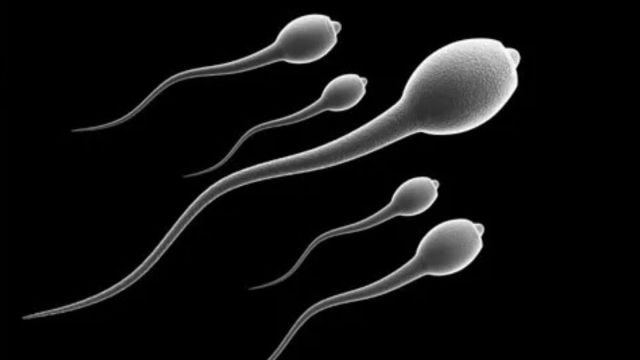Stay updated with the latest - Click here to follow us on Instagram
Sperm donor with cancer-linked mutation fathered 67 children across Europe; 10 diagnosed with cancer
The donor, who remains healthy, carried a mutation in the TP53 gene, which can cause Li-Fraumeni syndrome—a hereditary condition that significantly raises the risk of developing cancer early in life.
 Thirteen of the donor-conceived children carry the mutation but have not developed cancer so far. (File Representational Photo)
Thirteen of the donor-conceived children carry the mutation but have not developed cancer so far. (File Representational Photo)A sperm donor carrying a rare genetic mutation associated with a high risk of cancer has fathered at least 67 children across Europe, with 10 of them now diagnosed with cancers including brain tumours and Hodgkin lymphoma, according to researchers speaking at a genetics conference in Milan.
The donor, who remains healthy, carried a mutation in the TP53 gene, which can cause Li-Fraumeni syndrome—a hereditary condition that significantly raises the risk of developing cancer early in life. The mutation was undetected at the time of donation.
“This is heavy and stressful for carriers,” said Edwige Kasper, a biologist at Rouen University Hospital in France, who presented the findings at the European Society of Human Genetics annual conference. “But we have seen [surveillance] enable early detection of tumours and thus improved patients’ chances of survival.”
Children born across eight countries
According to Kasper, children conceived using the donor’s sperm were born between 2008 and 2015 to 46 families in eight European countries: France, Belgium, Germany, Denmark, Sweden, Spain, Greece, and the United Kingdom.
Thirteen of the donor-conceived children carry the mutation but have not developed cancer so far. They now require lifelong monitoring, including regular MRI scans and clinical evaluations due to their elevated risk and a 50% chance of passing the mutation to their own offspring.
The donor had contributed exclusively to European Sperm Bank, a private facility based in Denmark.
Lack of regulation
“At the heart of the problem seems to lie the regulation, or maybe the lack of regulation, of the number of births by a single donor,” Kasper said.
The European Sperm Bank responded in a statement to CNN, acknowledging the situation as troubling. “The donor has been thoroughly tested even above the required standards,” said Julie Paulli Budtz, the bank’s vice president of corporate communications.
“But preventative genetic screening is reaching its limits here. It’s scientifically not possible to detect disease-causing mutations in every gene unless you know what you’re looking for.”
Unlike France, where sperm donors are limited to 10 births, Denmark allows up to 12 and Germany permits up to 15. The lack of uniformity across Europe is a key issue, as per experts.
To prevent future cases, the European Sperm Bank said it has voluntarily implemented a self-imposed international limit of 75 families per donor, although this is above the legal limit in several individual countries.
(With inputs from CNN)
Photos


- 01
- 02
- 03
- 04
- 05



























